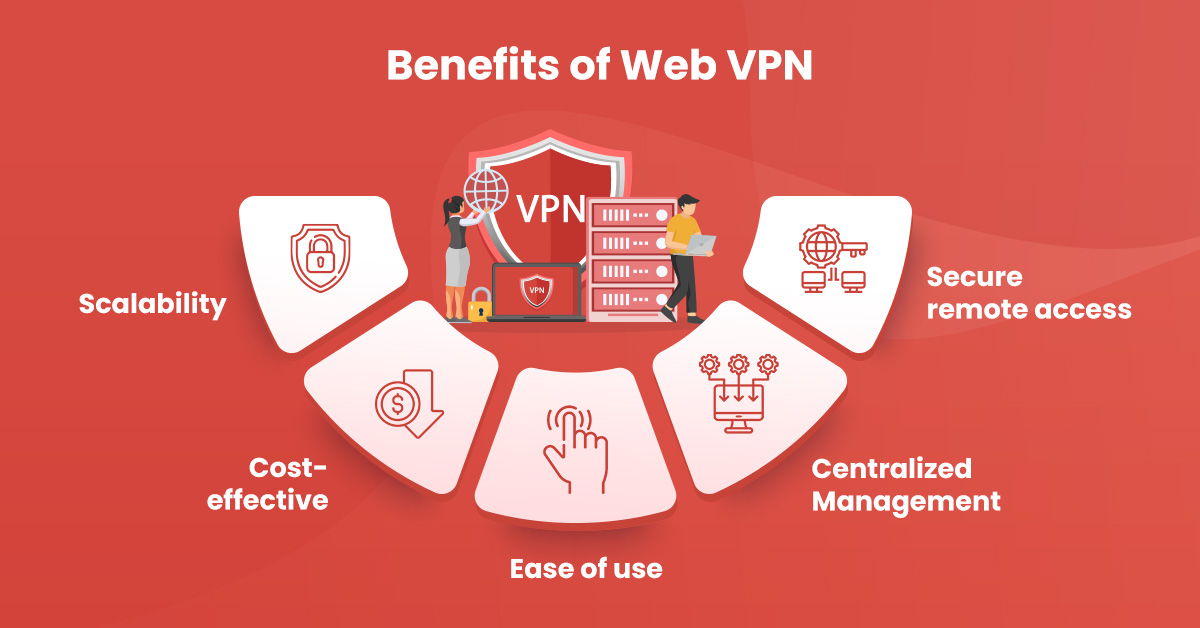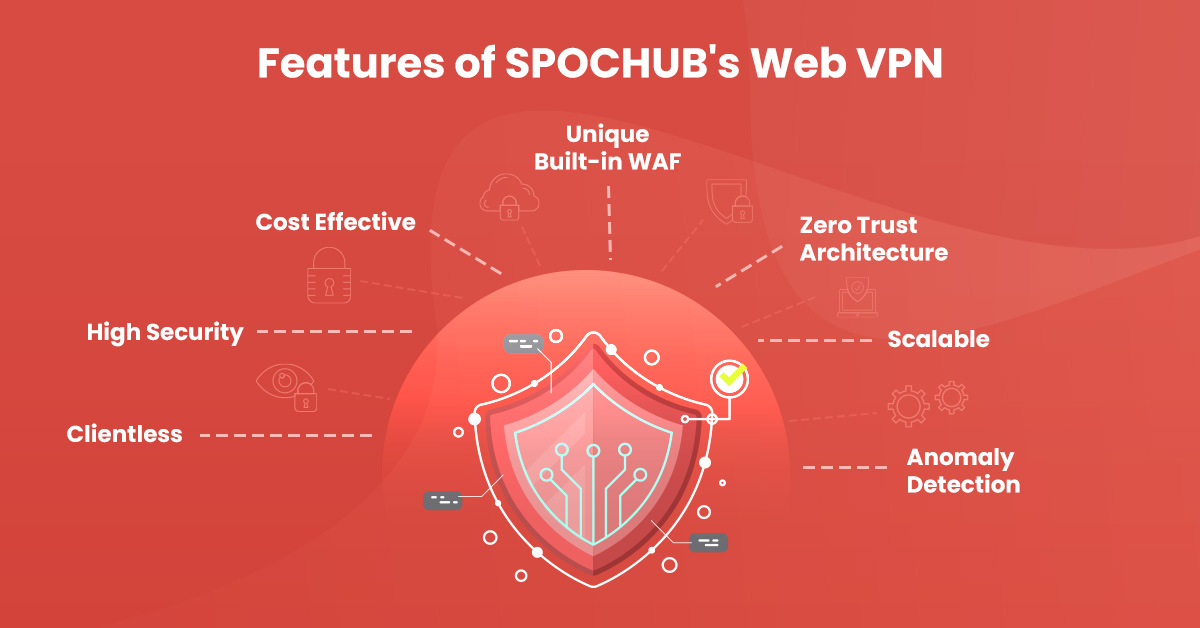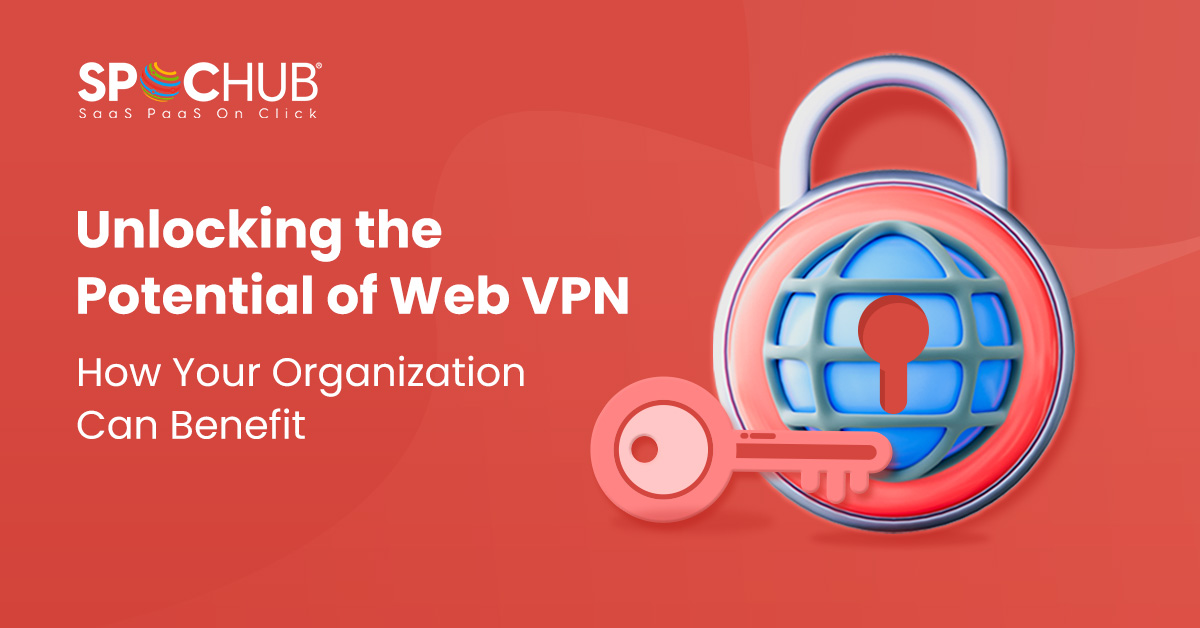The World Wide Web has revolutionized the way we access information, and the ability to securely connect to a Virtual Private Network (VPN) has become an essential tool for businesses and organizations. Web VPN is the latest advancement in VPN technology and it offers organizations a secure, cost-effective way to access and share sensitive data over the internet. With Web VPN, organizations can benefit from improved security and access control, increased scalability, and improved user experience. By unlocking the potential of Web VPN, organizations can protect their data, improve their productivity, and streamline their operations. This article will discuss the benefits of Web VPN, the types of organizations that can benefit most from it, and how to get started
What is Web VPN?
Web VPN (Web-based Virtual Private Network) is a VPN (Virtual Private Network) that allows users to remotely access a private network or secure resources through a web browser without requiring the installation of any software on their device.
When a user connects to a Web VPN, they can access web-based applications, resources, and services, just as they would if they were physically connected to a private network. Web VPN typically uses SSL/TLS (Secure Sockets Layer/Transport Layer Security) encryption to ensure the connection is secure and to protect the confidentiality and integrity of data transmitted over the network.
Web VPNs are often used by businesses, educational institutions, and government organizations to enable remote access to resources, applications, and services without compromising security. They are beneficial for mobile workers or employees who work remotely, as they can connect to the VPN from anywhere with an internet connection using a web browser.
What are the benefits of Web VPN for organizations?

Web VPN (Web-based Virtual Private Networks) offers several benefits for organizations, including:
- Secure remote access: With a Web VPN, organizations can provide secure remote access to employees, contractors, and partners. Web VPN typically uses SSL/TLS encryption to protect data transmitted over the network, ensuring that sensitive information is kept private and secure.
- Cost-effective: Web VPN can be more cost-effective than traditional VPN solutions since they do not require any client-side software installation, which can be expensive to manage and maintain.
- Scalability: Web VPN is highly scalable and can support a large number of concurrent users without requiring additional hardware or software. This makes it easier for organizations to accommodate remote workers or sudden surges in demand.
- Ease of use: Web VPN is typically easy to use since they do not require any technical expertise or specialized software. Users can simply connect to the VPN through a web browser, which makes it an accessible option for all employees.
- Centralized Management: Web VPN can be managed centrally, which allows organizations to enforce security policies, monitor usage, and control access to network resources. This makes it easier to ensure security standards are being met and identify potential security threats.
Related:- Why do organizations need VPNs Web Story
What types of organizations can benefit from Web VPN?
Web VPN is suitable for any organization that needs to securely access and share sensitive data over the internet. This includes healthcare, finance, government, and education organizations, as well as any other organization that needs to protect its data from malicious actors. Web VPN is also ideal for organizations that need to securely connect multiple locations, such as branch offices and remote employees.
How to Get Started with Web VPN?
Getting started with Web VPN is relatively straightforward. The first step is to choose the right VPN provider. Choosing a provider that offers robust security, scalability, and user experience is essential. Once you have selected a provider, you must install the software and configure the settings to meet your needs. Once the configuration is complete, you can securely connect to the VPN and access and share data as needed.
Secure and seamless remote access for modern organizations with SPOCHUB’s WebVPN
With SPOCHUB’s Web VPN, you get a clientless VPN solution powered by an intelligent cloud-hosted solution with a built-in WAF for Layer 7 security and a high-performance TCP load balancer (self-LB) and proxy balancer (backend server load balancer) that enables you to access privately hosted applications more securely and with SSH, Websockets, RDP, and FTP protocols. As a result of its unique multi-layered LB, WebVPN is highly available and scalable.

Features of SPOCHUB’s Web VPN
- Clientless: No need to install any VPN client.
- High Security: Multi-factor authentication with built-in WAF preventing OWASP Top 10 Vulnerabilities.
- Cost Effective: No Hardware or Software to deploy and manage and Reduced MPLS backhaul/ traditional VPN costs.
- Unique: Built-in WAF, HA, self & backend server load balancing.
- Zero Trust Architecture: Strict identity verification for every user trying to access resources.
- Scalable: Horizontally scalable with Active-Active or Active-Passive cluster support.
- Anomaly Detection: Identifies risky behaviours and effectively creates filtering policies.
Conclusion
In conclusion, Web VPN is a powerful tool that can unlock significant benefits for organizations looking to enhance their remote access capabilities. With Web VPN, businesses can enable secure and convenient remote access to their applications and data while also reducing IT management and hardware costs. By leveraging the latest Web VPN technologies and best practices, organizations can ensure the security, scalability, and reliability of their remote access solutions while also providing an excellent user experience to their employees and partners. Whether it’s to support a distributed workforce, enable secure partner access, or ensure business continuity in the face of disruptive events, Web VPN can be a crucial enabler of organizational success in today’s increasingly digital world.


